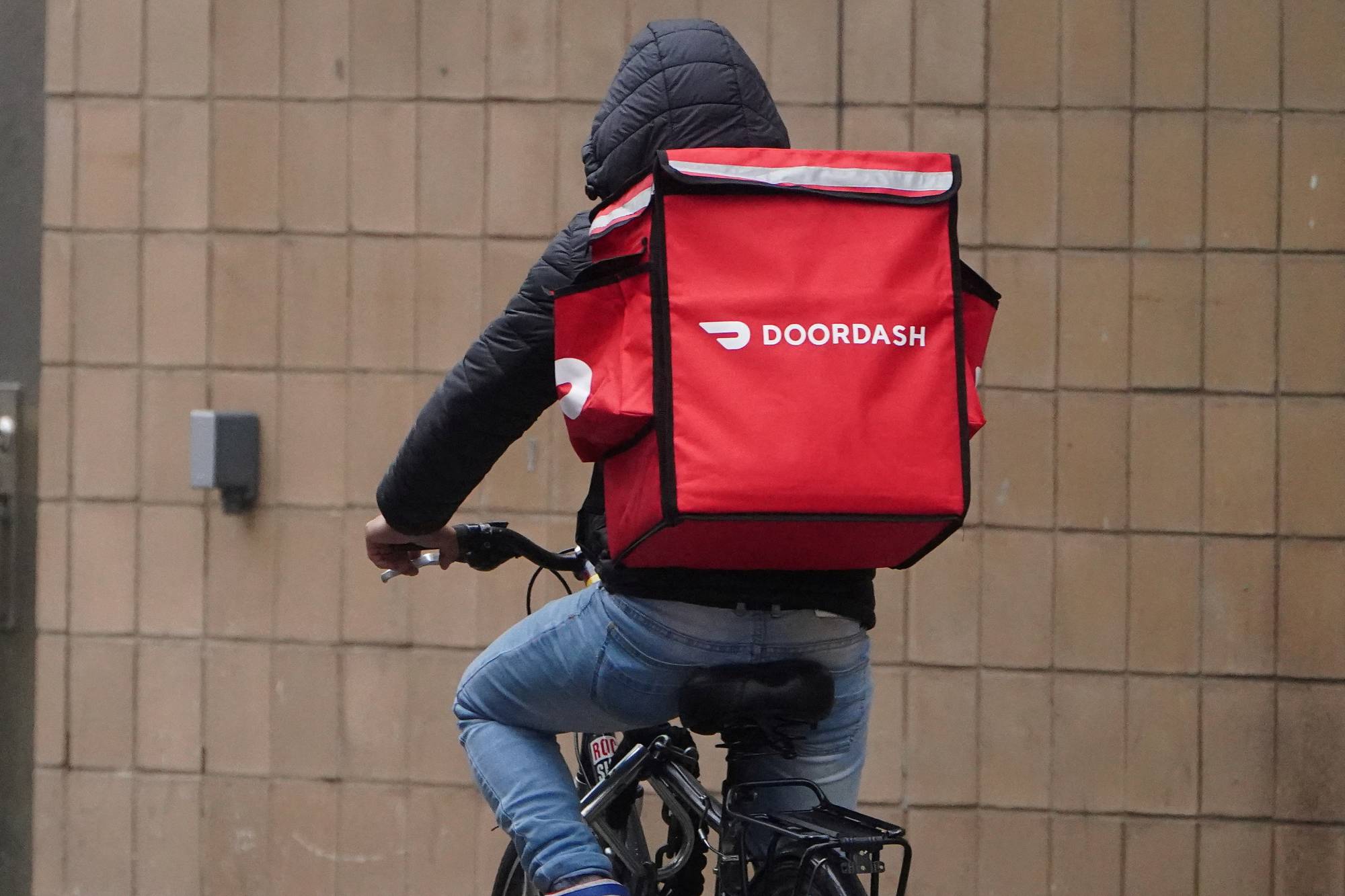
Seattle has recently implemented a new minimum wage law, sparking significant debate among stakeholders, particularly tech companies like DoorDash. This legislation is part of Seattle’s broader “PayUp” campaign, designed to elevate the working conditions and compensation for gig workers, who often face unpredictable work schedules and income instability.
Detailed Analysis of Seattle’s Gig Worker Wage Law
Seattle’s innovative approach aims to set a precedent for how gig workers are compensated, ensuring they receive earnings comparable to minimum wage standards in other employment sectors. The law mandates a minimum per-minute and per-mile payment for app-based workers, a significant step towards recognizing the essential services these workers provide to the city’s economy and its residents.
DoorDash, a major player in the gig economy, disclosed in a recent blog post that it had seen a noticeable decline in orders following the law’s enactment, attributing the drop to new fees imposed on consumers to offset the increased labor costs. The company introduced a $4.99 fee per order, a direct response to the wage ordinance, which has led to consumer backlash and a decrease in order volume. Anna Powell, a government relations manager at DoorDash, expressed the company’s desire for a repeal of the ordinance, citing concerns over its impact on both restaurant revenues and consumer prices.
Despite the pushback from DoorDash and similar platforms, Seattle Mayor Bruce Harrell stands firmly behind the law, emphasizing the city’s commitment to ensuring that gig workers can afford to live in the city where they work. This stance is echoed by labor advocates and some gig workers who have seen improvements in their earnings per order, although the reduced volume of work available has tempered the benefits of these wage increases.
Impact on Local Businesses and Gig Workers
The law’s implementation has had a ripple effect on local businesses and gig workers alike, including:
- Restaurants Facing Declines: Establishments like Spice Waala, which relies significantly on app-based delivery services for revenue, reported a downturn in earnings from app orders. The co-owner, Uttam Mukherjee, expressed frustration over the increased costs of food delivery, emphasizing the challenge of navigating these new expenses.
- Mixed Reactions from Gig Workers: Workers have experienced mixed outcomes from the law. For example:
- Higher Pay per Order: Carmen Figueroa, a seasoned delivery driver, observed an increase in earnings per individual order.
- Reduced Work Opportunities: Despite higher pay per order, the overall decrease in order volume has led to fewer opportunities, making it difficult for workers like Figueroa to increase their overall earnings.
- Complex Dynamics in the Gig Economy: The situation highlights the intricate balance between improving worker pay and maintaining sufficient work volume. The intention to increase worker pay can inadvertently result in reduced opportunities for work due to decreased order volumes, a concern shared by both delivery platforms and labor advocates.
Broader Implications and Future Directions
The debate in Seattle mirrors broader discussions about the gig economy and labor rights nationwide. Other cities, such as New York, have enacted similar laws with varying impacts on gig workers and the platforms that employ them. These developments raise important questions about the sustainability of gig work, the responsibilities of gig economy platforms, and the potential need for regulatory adjustments to ensure fair and equitable treatment for all workers.
As Seattle collects more data and assesses the impact of the new wage law, the mayor’s office has expressed openness to revisiting the legislation to address any unintended consequences for workers and small businesses. This willingness to adapt reflects an understanding of the evolving nature of work and the need for policies that can accommodate these changes.
Featured Image courtesy of CARLO ALLEGRI/REUTERS
